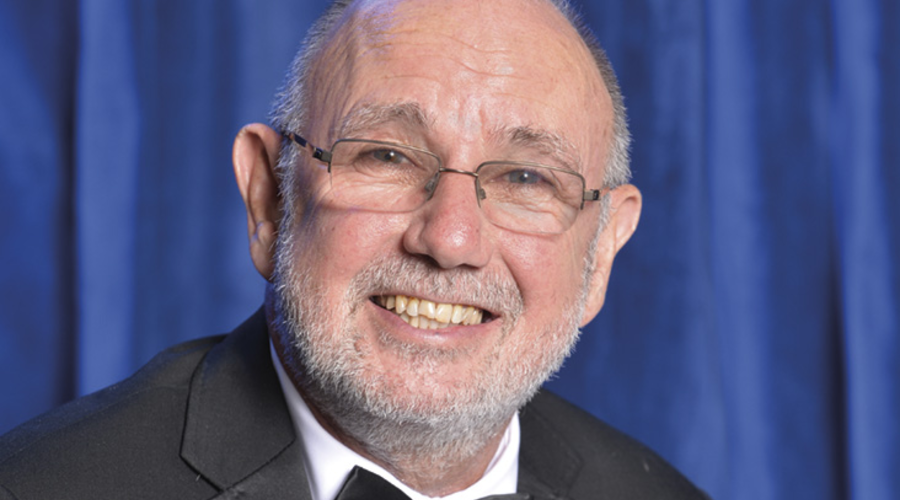Jimmy McGovern recalls how writing TV drama set in his native Liverpool inflamed local sensitivities.
When we were making Accused, Danny Brocklehurst wanted to include a story about a taxi driver who takes a woman to the airport and then goes back and burgles her house. It was the stuff of urban nightmare.
We knew Jodie Whittaker (the new Doctor Who) should play the woman, and the driver’s part, we all agreed, was perfect for the Liverpudlian Stephen Graham. But there was no way we could offer it to him, not with all those Scouser jokes ringing in our ears: “What do you call a Scouser in a suit? The accused.” “What do you call a Scouser in a big house? A burglar.” We offered it instead to Andy Serkis, and he played him to perfection.
This negative stereotyping of Liverpool – and Liverpool’s sensitivity to it – have haunted me ever since I started writing.
It was there in Brookside in the 1980s and, when one of its most popular characters (Billy Corkhill) turned to crime out of sheer desperation, that abuse poured down upon us: “So we’re all robbers, then, are we?”
It was even stronger in the 1990s, when I wrote a drama about the needle exchange scheme, an initiative that had saved thousands of lives by giving heroin users clean needles, something that was being universally praised at the time. Unfortunately, I’d set this film in my native Liverpool and, once again, the abuse poured down: “So, we’re all smack heads now, are we, Jimmy?”
In 1993, I wrote Cracker. It was full of lunatics and psychopaths and I didn’t dare set it in Liverpool. Instead, I set it in Manchester and not one Mancunian voice was heard in protest. Why? Because they didn’t have to overcome the negative stereotype, that’s why. They were able to see television drama production as the source of highly paid jobs and as a welcome boost to the local economy.
I went back to Liverpool to argue my case in a free Liverpool newspaper. “There is crime in Liverpool,” I said. “Less than in Manchester, yes, but there is crime here and that’s largely down to the fact that there is poverty here, and the way to beat poverty and crime is to put money into people’s pockets. “And the way to put money into people’s pockets is to give them well paid jobs, the sort of jobs that come with television production.”
I’d like to say that letters poured in in response and that they were overwhelmingly supportive but, sadly, that wasn’t the case. Nothing happened. Nothing changed. To this day, if you set a drama in Liverpool, there’s a very good chance you’ll be criticised in the letters page of the Liverpool Echo, a paper that claims to be the voice of the city but which gets printed in Oldham, Greater Manchester. So what do I do? How do I recognise my city’s sensitivity and yet still produce television drama from here?
Well, right now, I’m doing it by working with LA Productions in Kirkdale, north Liverpool, one of the poorest communities in western Europe. We base our production there (thus ensuring we get those well-paid jobs) but we set our stories in a vague North West, somewhere between Liverpool and Lancaster. It’s not an ideal solution, of course, and it leaves us wide open to another accusation: that of denying Liverpool-born actors the chance to act in Liverpool-set dramas, but it’s a compromise of sorts and it will have to do me for now.
Jimmy McGovern is a screenwriter and recently received the Lifetime Achievement award at the RTS Programme Awards 2018.




